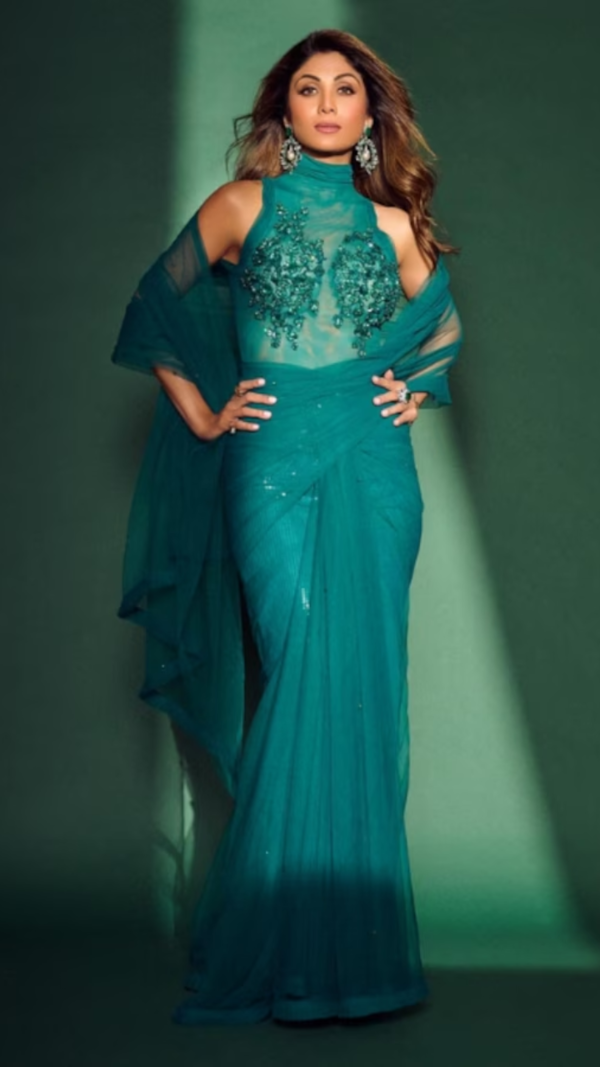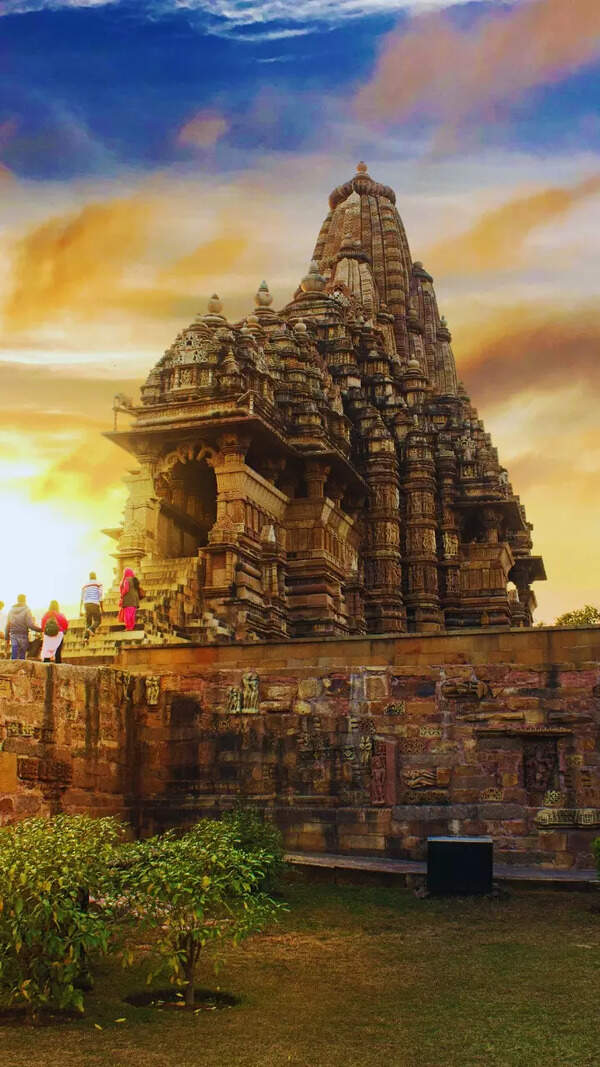- News
- Mrs. director Arati Kadav calls out Bollywood for 'glorifying' Karwa Chauth and its ‘gender-neutral’ portrayal: 'Our films have normalised it...'
Mrs. director Arati Kadav calls out Bollywood for 'glorifying' Karwa Chauth and its ‘gender-neutral’ portrayal: 'Our films have normalised it...'
Arati Kadav's Mrs. critiques Bollywood's romanticization of Karwa Chauth, focusing on North Indian realities. Kadav stresses the powerful influence of cinema in shaping norms and highlights the pressure women face to observe traditions. With a subtle approach, Mrs. aims to encourage viewers to rethink deep-rooted societal expectations in marriage.
Arati Kadav’s Mrs. has impressed audiences with its raw take on marriage and societal expectations. A remake of The Great Indian Kitchen, it’s praised for Sanya Malhotra’s performance. Kadav recently criticized Bollywood for romanticizing Karwa Chauth and making it appear gender-neutral, calling this portrayal problematic.
Arati Kadav told Indian Express that the Karwa Chauth scene in Mrs. was added just 20 days before filming. She believed it was essential to include, as the ritual is a big part of domestic life and has been heavily romanticized in Bollywood over the years.
Unlike the original Malayalam film, which focused on South Indian traditions, Arati Kadav wanted to highlight North Indian realities, where Karwa Chauth is culturally significant.
Arati emphasised the powerful influence of cinema in shaping cultural norms and questioned Bollywood’s long-standing romantic portrayal of Karwa Chauth. She pointed out the dilemma of women who may not want to observe the fast but feel pressured by societal expectations reinforced through decades of on-screen glorification.
With Mrs., Arati sought to challenge this portrayal through subtle storytelling rather than open defiance. Though the final scene is toned down from the original script, she hopes its quiet approach still encourages viewers to reflect and rethink deep-rooted traditions.
End of Article
FOLLOW US ON SOCIAL MEDIA










